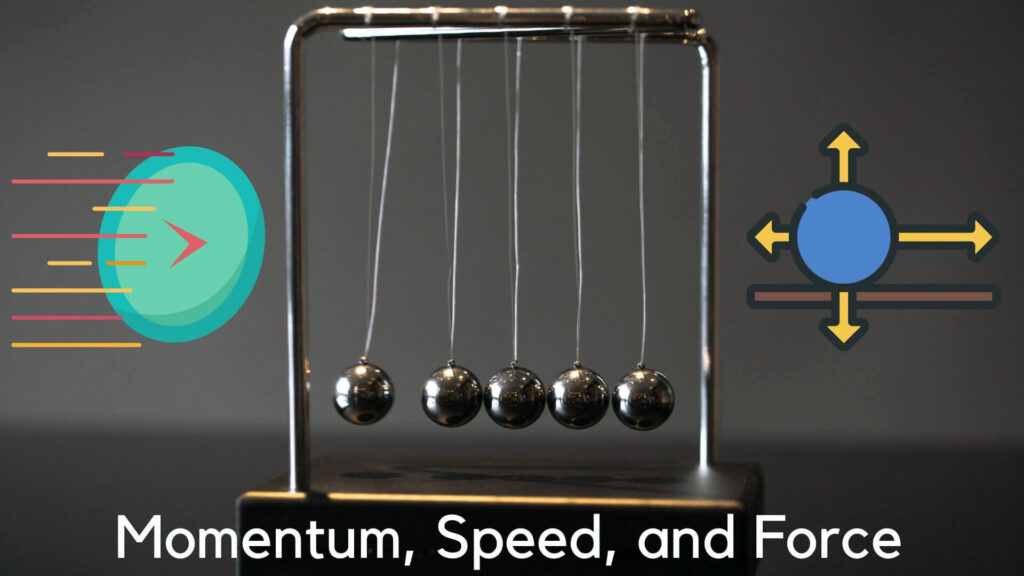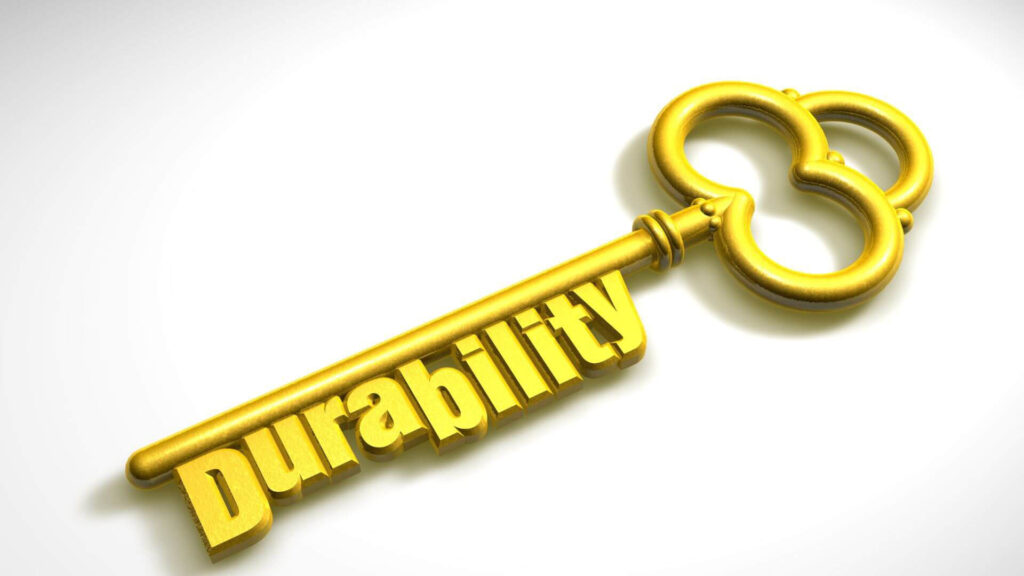When shopping for power tools, one of the most common dilemmas is deciding between a corded or cordless drill. While both types have their advantages, many people wonder if corded drills are actually more powerful. The answer, in short, is yes. But the reasons behind this are more nuanced than you might expect.
In this blog post, we’ll dive deep into the advantages and drawbacks of corded drills, explore what makes them more powerful, and compare them to their cordless counterparts. We’ll also tackle some of the common questions surrounding the use of corded drills and discuss why they continue to be a favorite choice for professionals and DIYers alike.
Table of Contents
Are Cordless Drills Stronger?
Cordless drills are becoming increasingly popular due to their convenience and portability. With advances in battery technology, cordless drills are more powerful than ever, but do they surpass the power of corded drills? Let’s explore the factors that make corded drills stand out in terms of power.
1. Momentum, Speed, and Force

One of the key advantages of a corded drill is the continuous and uninterrupted power supply. Corded drills draw their power directly from an electrical outlet, ensuring that they can maintain maximum speed, force, and momentum for as long as the drill is plugged in.
Cordless drills, on the other hand, are powered by rechargeable batteries. While the latest lithium-ion batteries provide impressive power, they are limited by battery capacity. As the battery drains, the drill’s performance begins to drop, reducing both the speed (RPM) and the amount of torque the drill can deliver. This is why a corded drill is usually more effective for heavier-duty tasks that require sustained power over longer periods.
In terms of speed, most corded drills operate at higher revolutions per minute (RPM), which is crucial for tasks that require quick and clean drilling, such as working with wood, metal, or masonry. The consistency of speed also means that corded drills can apply more force, especially when drilling into tough materials like concrete.
Check Also: How Many RPM is a Corded Drill?
2. Exactitude
Precision is another area where corded drills often excel. Since they don’t rely on batteries, corded drills provide a more consistent performance, which means you can better control the tool during more delicate operations. For tasks that require exact measurements and precise drilling, such as carpentry or metalworking, the steady power output of a corded drill helps ensure a cleaner and more accurate outcome.
Cordless drills, while convenient, can experience a drop in performance as the battery depletes. This can make it harder to control the speed and force of the drill, which might result in less precise work.
Check Also: Is a Corded Drill Better Than a Cordless?
3. The Effectiveness of Corded Drills

When it comes to performance, corded drills consistently outperform cordless drills, especially for tougher jobs that demand more power. This is due to their ability to deliver higher torque and faster RPM over longer periods. Cordless drills can come close in short bursts, but they’re still limited by their battery life.
Another factor that makes corded drills more effective is their simplicity. Cordless drills rely on a combination of batteries, motors, and controllers, which can introduce more points of potential failure. Corded drills are simpler and more robust, with fewer parts that can malfunction over time.
For construction professionals or serious DIYers who need to tackle heavy-duty projects like drilling through concrete, driving large screws into thick wood, or boring through metal, corded drills remain the more effective option due to their raw power and consistent performance.
Read More: How Many Amps Does A Corded Drill Use?
4. Power infinite
The biggest advantage of a corded drill is the infinite power supply. As long as it’s plugged into an electrical outlet, a corded drill can run indefinitely without losing power. This is particularly useful for jobs that require prolonged use, such as building a deck or installing drywall.
With cordless drills, even with spare batteries, you’re limited to the charge time and capacity of your batteries. In high-demand scenarios, you might find yourself waiting for batteries to charge or swapping them out frequently, which can interrupt your workflow.
For those who work in professional environments where downtime is costly, the limitless power of a corded drill is a significant benefit. This is why you’ll often see professional contractors and tradespeople opting for corded drills over their cordless counterparts.
Check Also: How to Use a Corded Drill?
5. Trustworthiness
Another significant factor that makes corded drills more powerful is their reliability. Since they don’t rely on batteries that degrade over time, corded drills provide consistent performance every time you use them. With a cordless drill, after a couple of years of use, the battery may lose its ability to hold a full charge, which results in reduced power and efficiency.
Corded drills don’t have this issue. As long as the drill is plugged into a working power source, you’ll get the same level of performance as the day you bought it. This reliability is especially important for professionals who need to trust their tools to work flawlessly day in and day out.
6. Durability

Corded drills are typically more durable than cordless models. Since they don’t rely on delicate battery technology, they are less likely to experience malfunctions due to drops, overheating, or overcharging. The robust nature of corded drills makes them more suited for long-term use, especially in demanding environments like construction sites.
Cordless drills, while convenient, are more vulnerable to wear and tear because their batteries can be sensitive to extreme temperatures, overcharging, and excessive use. This means you may have to replace the battery or the entire drill sooner than you would with a corded model.
Check Also: How Long Does a Corded Drill Last?
FAQs About Are Corded Drills More Powerful?
Why is a corded drill more effective?
A corded drill is more effective because it draws power directly from an electrical source, ensuring a consistent supply of energy. This allows the drill to maintain higher RPMs and torque without the limitations of battery life, making it ideal for heavy-duty tasks.
Are cordless drills as powerful as their corded counterparts?
While cordless drills have become more powerful with advances in battery technology, they are still limited by battery capacity. Cordless drills can deliver similar levels of torque and speed, but only for a short time before the battery needs recharging. Corded drills, on the other hand, can maintain their performance for extended periods without interruption.
What is the maximum voltage a corded drill can use?
Corded drills typically operate on standard household voltage, which is 120 volts in the United States and 230 volts in most other countries. Unlike cordless drills, which have a wide range of voltages (12V, 18V, 20V), corded drills don’t require a specific voltage rating because they are connected to a power outlet.
Is it possible to use a corded drill as a screwdriver?
Yes, it’s possible to use a corded drill as a screwdriver. Many corded drills come with adjustable speed settings, allowing you to control the RPM for tasks like driving screws. However, be cautious when using a corded drill for screwing tasks, as its higher power can sometimes strip screws if not controlled properly.
What differentiates a corded drill from a cordless drill?
The main difference between a corded and a cordless drill is the power source. A corded drill is plugged into an electrical outlet, providing a continuous and consistent power supply, while a cordless drill relies on a rechargeable battery. Corded drills tend to be more powerful, have higher torque and RPM, and are better suited for heavy-duty tasks. Cordless drills, on the other hand, offer portability and convenience but may have lower power output and limited battery life.
Last Word
Corded drills are undeniably more powerful than their cordless counterparts in terms of raw power, reliability, and durability. While cordless drills have made significant advancements in recent years, they still can’t compete with the consistent performance and infinite power supply of corded drills.
For professionals and DIYers alike, the decision between a corded or cordless drill ultimately comes down to the nature of the tasks you plan to tackle. If you need a drill that offers portability and flexibility for light to medium tasks, a cordless drill might be sufficient. However, for heavy-duty tasks that require maximum power and precision, a corded drill is still the best choice.
With their uninterrupted power, reliability, and long-term durability, corded drills remain a tool you can depend on for years to come.

Hey, I am MD Hrithik Hossain, I’m a huge fan of DIY crafts. My workshop is where I spend most of my spare time, and I’m always working on some project. To that end, I’d like to share some of my knowledge and experience with you in power tools, woodworking, and other specialized materials fabrication.
I will guide you with genuine knowledge that can assist you with deciding whether a drill is appropriate according to your requirements or not. If you want to find the best drill and know which type of drill is most suited for your needs, then I can guide you with my expertise. My passion lies in helping others find the correct products they need at an affordable price.


